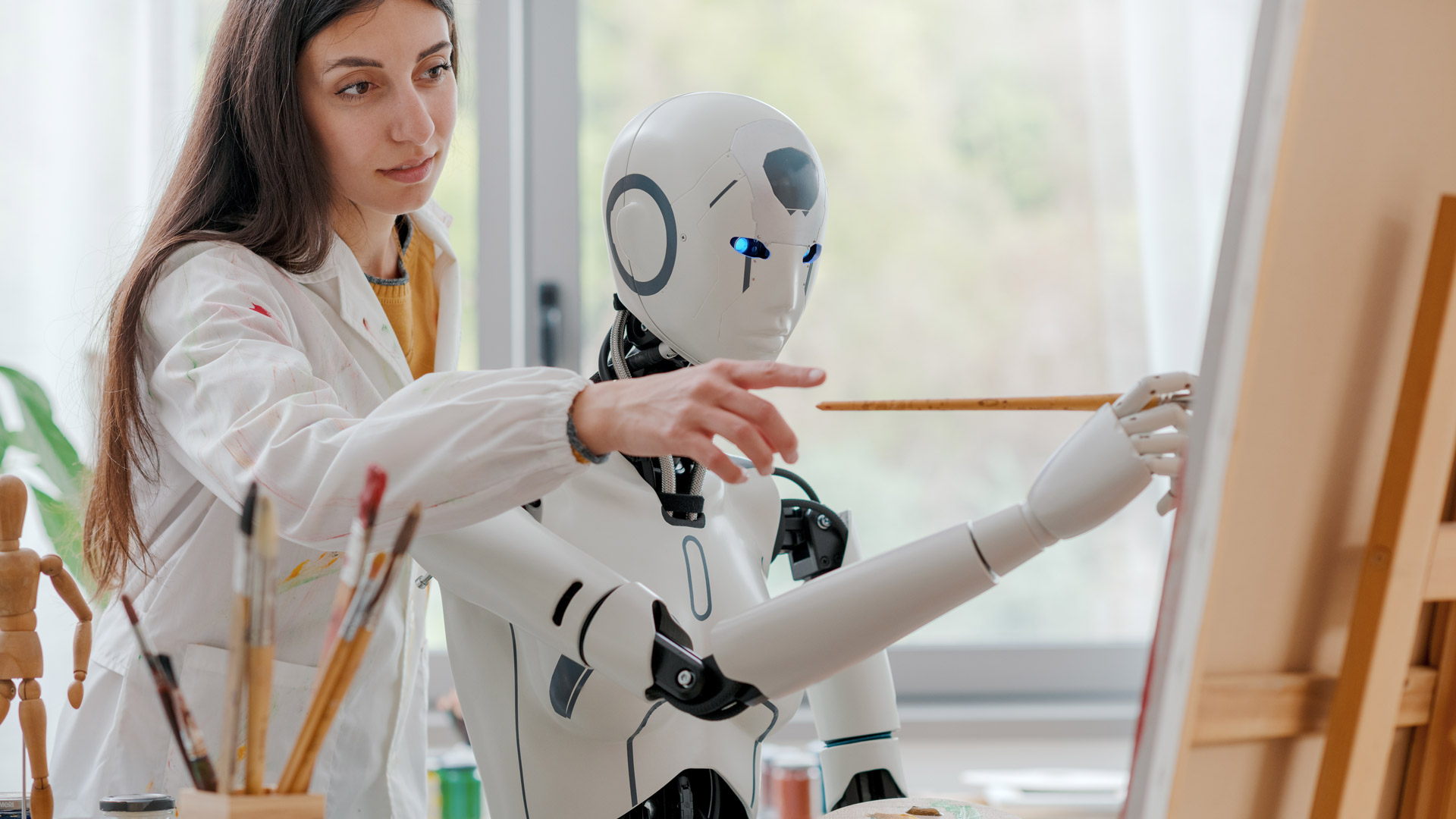Warner Bros Discovery Sues Midjourney Over AI‑Generated Copyright Infringement

Key Points
- Warner Bros Discovery files lawsuit alleging Midjourney infringes its copyrighted characters.
- The complaint cites AI‑generated images resembling Batman, Rick and Morty, and Superman.
- Studio claims Midjourney’s training on public internet data leads to unauthorized reproductions.
- Legal debate centers on whether AI outputs qualify as fair use or direct infringement.
- Outcome could force AI platforms to limit prompts involving protected IP.
- Case highlights broader concerns for other generative services like Grok and ChatGPT.
Warner Bros Discovery has filed a lawsuit against the AI art platform Midjourney, alleging that its generative technology creates images of the studio’s characters without permission. The suit claims Midjourney’s output reproduces copyrighted works such as Batman, Rick and Morty, and Superman, constituting blatant infringement. Warner Bros Discovery says the case aims to protect its content and investments. The dispute highlights broader questions about how AI systems are trained on publicly available data, the role of fair‑use defenses, and the potential impact on other generative AI services.
Background
Warner Bros Discovery has taken legal action against Midjourney, a popular AI‑driven image‑generation platform. The studio alleges that Midjourney’s system produces images that closely mimic its copyrighted characters, including well‑known figures from movies and animated series. The lawsuit includes examples that show the AI recreating scenes reminiscent of the studio’s intellectual property.
Legal Claims
According to a statement from Warner Bros Discovery, the company believes Midjourney is “blatantly and purposefully infringing copyrighted works” and that the lawsuit is intended to safeguard its content, partners, and investments. The complaint argues that the AI’s training data, sourced from the public internet, has been used to generate derivative works that violate the studio’s rights. While the plaintiff emphasizes direct copying, Midjourney and similar AI developers typically argue that their models transform the data they ingest and that their outputs fall under fair‑use doctrines.
Industry Context
The case arrives amid growing scrutiny of generative AI platforms such as Midjourney, Stable Diffusion, DALL‑E, and text‑oriented models like ChatGPT and Grok. These systems are trained on massive datasets that include publicly available images and text, raising questions about whether such use constitutes permissible research or unlawful exploitation of copyrighted material. Legal experts note that courts have previously allowed similar copyright claims to proceed, yet outcomes remain uncertain, with some cases favoring fair‑use defenses.
Potential Impact
If Warner Bros Discovery succeeds, the decision could set a precedent that reshapes how AI developers curate training data and respond to user requests involving protected characters. The ruling might compel platforms to restrict or filter prompts that request specific copyrighted figures, affecting both image‑generation and text‑based services. Conversely, a loss for the studio could reinforce the notion that AI‑generated works are sufficiently transformative to avoid infringement claims.
Reactions from the AI Community
Commentators have highlighted the broader implications for AI services beyond Midjourney. Observers point out that platforms like Grok and ChatGPT could face similar scrutiny if they incorporate visual generation capabilities or rely on comparable training datasets. The lawsuit underscores an ongoing debate over balancing innovation in generative AI with respect for existing intellectual property rights.